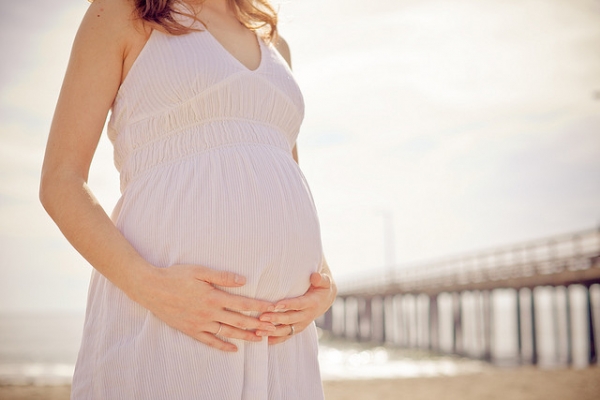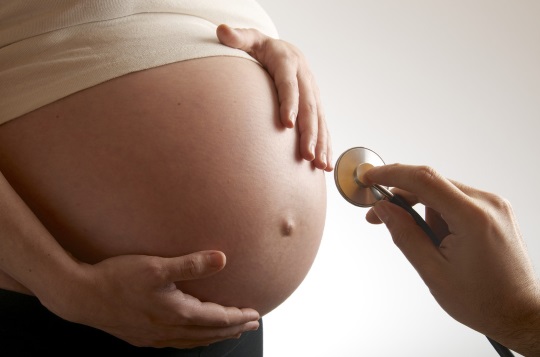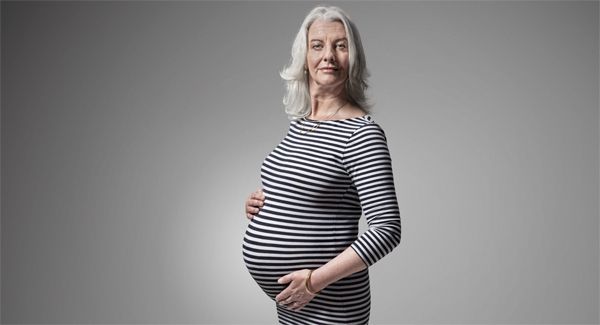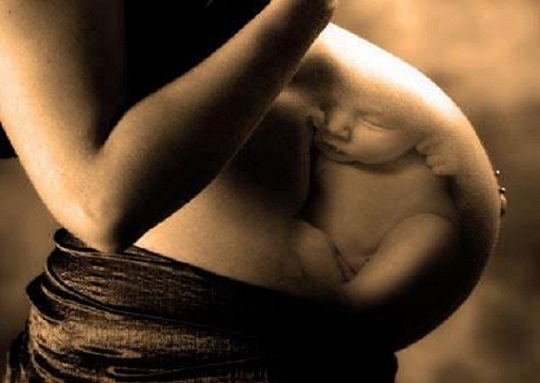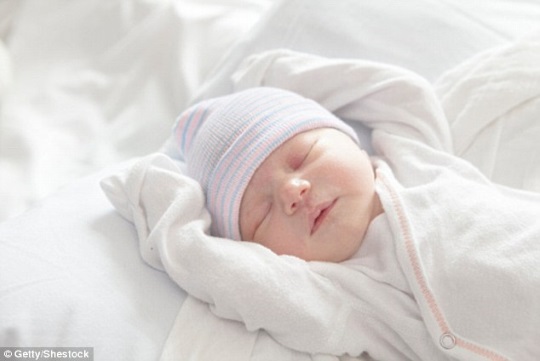Pregnancy IMPROVES A Woman's Memory
When they lose their keys or forget their phone, it is easy to blame it on 'baby brain'. But mothers-to-be may have to find another excuse for such absent-mindedness.
Scientists say that far from making women more forgetful, pregnancy may actually make them brainier. A study found pregnant women do just as well on memory tests as other women – and in many cases, they actually do better. The Canadian researchers say that far from turning the brain into mush, pregnancy may super-charge the grey matter, to help prepare them for the challenges of motherhood. The team from the University of Western Ontario put 54 women through a battery of mental tests. The women were of a similar age and background but half were pregnant and half were childless. Both groups of women performed equally well on the tests. And when the pregnant women who showed signs of depression were removed from the calculations, the mothers-to-be actually did better than their childless counterpart on tests of working memory. This is the type of memory we use every day to hold one thing in mind while doing something else. We rely on it when remembering a phone number while looking for a pen and paper, as well as when following directions and using a shopping list. Researcher Elizabeth Hampson said when a woman isn't depressed, pregnancy hormones may tweak the brain's chemistry to improve memory. She said this would fit in with the idea that the brain rewires itself during pregnancy to prepare for the mental juggling that lies ahead as a new mother. Writing in the journal Hormones and Behavior, she said the boost may persist into motherhood, although further work is needed to confirm this. Dr Hampson, an expert on how sex hormones affect the brain, said that her results are 'good news for women'. She said the idea of 'baby brain' may have taken hold because of the genuine memory problems suffered by women who are depressed in pregnancy. And added: 'Baby brain' has been the focus of so much research but this may not be the reality experienced by most pregnant women.'
Earlier this year, a US study also concluded that 'baby brain' doesn't exist. There, pregnant women did just as well as childless ones in a range of tests – however, they thought they'd done worse. The Brigham Young University researchers said the expectation of problems may be so strong that a pregnant women is extra-alert to memory lapses. So, although they happen no more than usual, she may notice them more and therefore think they do. The study's authors said their aim was to give mothers-to-be a confidence boost. Linda Geddes, author of pregnancy book Bumpology, and a mother of two, said latest research suggests that 'baby brain' is by no means inevitable. She added that pregnancy hormones may have other beneficial effects, including providing a boost to navigational skills. Written By Fiona Macrae Retrieved From:
|
|





